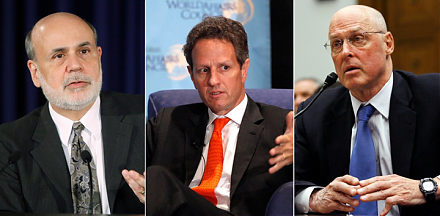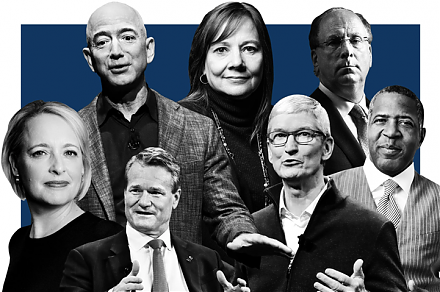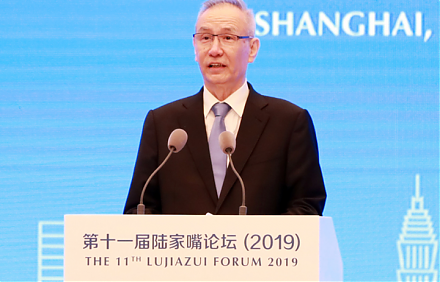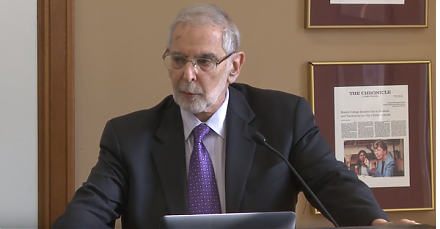

2018-07-30 11:36:00 Mon ET
technology antitrust competition bilateral trade free trade fair trade trade agreement trade surplus trade deficit multilateralism neoliberalism world trade organization regulation public utility current account compliance
Trumpism may now become the new populist world order of economic governance. Populist support contributes to Trump's 2016 presidential election victory and his key embrace of trade protectionism and accommodative fiscal stimulus. Trumpism echoes Carl Schmitt's fundamental critique of modern liberalism. This core critique reflects disdain for the universal aspirations such as absolute individual liberty and economic freedom.
Liberals place individual rights at the core of their political communities. In principle, these rights extend to every citizen, so absolute American liberty can be a decent idea. However, this liberal school of thought makes U.S. states vulnerable to the aggressive demand by domestic private interest groups and foreign nations. This latter retort reflects the key centerpiece of Trump's presidential election campaign.
As dominant market players such as China and Russia refuse to play by the rules of liberal economic governance, the Trump administration has to engage these players in a wider G20 circle.
China's recent economic rise suggests that the millennium world order of economic governance should be more inclusive. As Trump suggests at the G7 world summit, Russia should also be part of this new populist world order. Another addition can be India that represents a 1.3 billion population-dividend-equivalent to China. For this reason, Jim O'Neill, former chief economist at Goldman Sachs, advocates the fresh insight that we should broaden the practical scope of the G7 summit. Instead, a G10 summit or even a G20 summit must encompass all major market economies.
This inclusive approach emphasizes the new populist world order on key economic issues from global capital control and credit supply expansion to climate change and environmental degradation.
If any of our AYA Analytica financial health memos (FHM), blog posts, ebooks, newsletters, and notifications etc, or any other form of online content curation, involves potential copyright concerns, please feel free to contact us at service@ayafintech.network so that we can remove relevant content in response to any such request within a reasonable time frame.
2018-07-17 08:35:00 Tuesday ET

Henry Paulson and Timothy Geithner (former Treasury heads) and Ben Bernanke (former Fed chairman) warn that people seem to have forgotten the lessons of the
2019-06-30 12:37:00 Sunday ET

AYA Analytica finbuzz podcast channel on YouTube June 2019 In this podcast, we discuss several topical issues as of June 2019: (1) Federal Reserve h
2021-11-22 11:29:00 Monday ET

U.S. judiciary subcommittee delves into the market dominance of online platforms in terms of the antitrust, commercial, and administrative law in America.
2019-07-09 15:14:00 Tuesday ET

The Chinese new star board launches for tech firms to list at home. The Nasdaq-equivalent new star board serves as a key avenue for Chinese tech companies t
2018-12-19 17:41:00 Wednesday ET

Tencent Music Entertainment debuts its IPO on NYSE to strike a chord with stock market investors. Tencent Music goes public and marks the biggest IPO by a m
2019-08-28 14:46:00 Wednesday ET

Santa-Barbara political economy professor Benjamin Cohen proposes new fiscal stimulus to complement the current low-interest-rate monetary policy. Cohen fin